
The hormonal changes that occur when mice eat significantly less may help explain how a low calorie diet can extend the lifespan of rodents, a benefit that even regular exercise does not achieve. “We know that being lean rather than obese is protective from many diseases, but key rodent studies tell us that being lean from eating less, as opposed to exercising more, has greater benefit for living longer. This study was designed to understand better why that is,” said Derek M. Huffman, from the University of Alabama.
Huffman, the study’s lead author, cautioned that the study applies only to rodents, which are different in some key ways from humans. However, at least two studies which examined people who engage in high-volume exercise versus people who restricted their calorie intake, had a similar outcome: caloric restriction has physiological benefits that exercise alone does not.
These previous findings indicate that caloric restriction protects against disease better than exercise does. Huffman’s study, published in the American Journal of Physiology, indicates that the physiological stress of exercise did not produce enough damage to tissues or DNA to explain why exercise does not lengthen life span. Instead, his study suggests that caloric restriction creates beneficial changes in the body’s hormone levels which exercise does not.
Specifically, the rodents that ate as much as they wanted and did not exercise had the highest levels of insulin-like growth factor (IGF-1), which plays a key role in regulating cell growth and cell death. The animals on caloric restriction had the lowest levels of IGF-1. Exercise also seemed to play an important role in regulating IGF-1 levels. Additionally, both exercise and caloric restriction moderated the level of 8-hydroxyguanosine (8-OHdG), a marker of DNA damage. Among the animals that ate all they wanted, those that did not exercise had the highest levels of 8-OHdG and those that exercised had much lower levels. The researchers concluded that DNA damage increases with age and is accelerated by obesity but could be slowed by caloric restriction and/or exercise.
A handful of studies comparing calorie restricted people to people who are avid exercisers, found similar hormonal benefits among those eating less. However, calorie restriction studies are difficult to carry out in people because participants often complain of feeling hungry, lethargic, and cold. Huffman also emphasized that the benefits of exercise may be greater for humans than for mice because people are more prone to develop cardiovascular diseases, and exercise is particularly good at warding off those diseases.
Related:
Massive Longevity Boost From Lithium
No Limit To Life Expectancy
Anti-Aging Finding Turned On Its Head


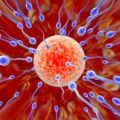
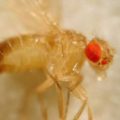
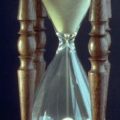

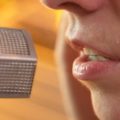

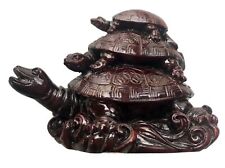

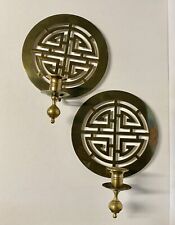
Comments are closed.